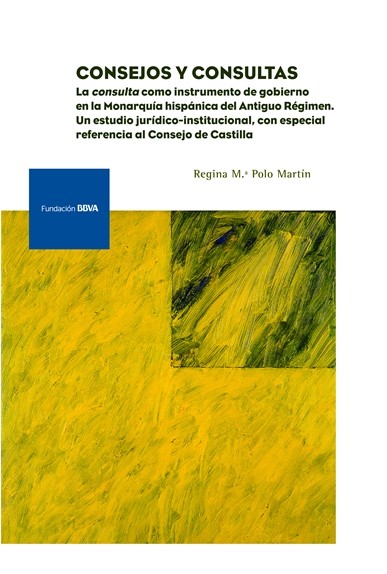
PublicationMonographs
Consejos y consultas
La consulta como instrumento de gobierno en la Monarquía hispánica del Antiguo Régimen. Un estudio jurídico-institucional, con especial referencia al Consejo de Castilla
This book undertakes an exhaustive analysis of council consultations, regarded as one of the Spanish monarchy’s main instruments of governance in the centuries of the modern era. It explains their legal regime, the formalities involved in their preparation, processing and resolution, and the matters most frequently decided on by recourse to this channel. Significantly, this marks the first time in the legal-institutional sphere that consultations per se have been the object of study, since current knowledge draws primarily on bibliographic references to the councils or books that confine themselves to listing the consultations made in a given period. The literature on the subject; normative, doctrinal and documentary sources already in publication; and unpublished material from the National Historical Archive and the General Archive of Simancas, circumscribed to the Council of Castile given the material impossibility of studying documentation from all the synods, provide the base material for the study. Its results reveal that this institution had no specific, organized, uniform and comprehensive regulation setting out its legal framework. However, the councils’ administrative praxis included many standard acts that constituted the bureaucratic machinery of consultations, both verbal or a boca and written, and although their treatment remained essentially unchanged over these three centuries, certain formal aspects or procedures would vary according to the circumstances of the moment or in response to hurdles encountered. The matters dealt with through this mechanism were many and varied, encompassing practically all the military, economic-fiscal, governmental and religious affairs of the Crown of Castile – and that of Aragon too during the 18th century – and its cities and towns, along with numerous other more trivial matters relating to the daily lives of its subjects, which almost certainly contributed to the decline of the polysynodal system.
